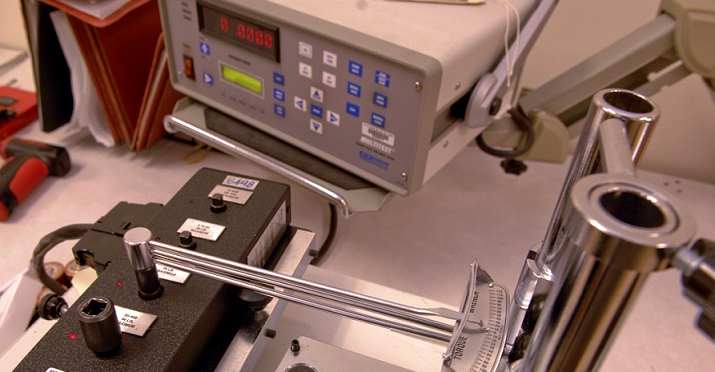According to the American Veterinary Medical Association (AVMA), a microchip is a small electronic chip enclosed in a glass cylinder about the same size as a rice grain. Often the pet ID microchips are also referred to as a transponder. The chip is generally injected inside a pet with a custom injector by a veterinary doctor and intended to remain inside the pet’s body. The pet ID microchip is devoid of batteries and activated when a scanner passes over it. Once activated, the chip transmits the identification number to the scanner; then, the number is displayed on the scanner’s screen. A single chip is expected to remain functional for up to 25 years and lasts the pet’s lifetime. Most present-day chips function at 134.2 kHz, while some 125 kHz microchips are still sold in the US. Innovations in the microchip have significantly reduced its size and added functionality of the temperature reading of the pet when scanned with a microchip scanner. Microchips are an effective means of identifying pet since it is embedded inside the body and hence cannot be chewed off, removed, torn, or falsified.
Merck & Co., Inc; Datamars SA; Virbac SA; Elanco Animal Health, Inc; and Avid Identification Systems, Inc –Prominent Market Participants in Pet ID Microchips Market
Different regulatory bodies have been mandating the microchipping of pets across the globe. In several members of the European Union, microchipping of dogs is mandatory, while microchipping of cats is being contemplated to be made mandatory. In December 2021, the UK government announced its plans to make microchipping of cats mandatory by 2022. According to Cats Protection, a UK-registered charity, ~2.8 million cats were yet to be microchipped in 2021. With the enforcement of the cat microchipping program, remaining cats are expected to get microchipped. Hence, mandating pet microchipping is primarily driving the global pet ID microchips market. Additionally, statistics have proven that microchipping of a pet increases the chances of finding and rescuing the pet. A 2009 study in the Journal of the American Veterinary Medicine Association found that while only 22% of lost dogs entering shelters were reunited with their families, the rate of reunions for microchipped dogs was 52%. Owing to the expected rising awareness regarding the advantages of pet ID microchips, the global pet ID microchips market is expected to grow during the forecast period.
The global pet ID microchips market is segmented on the basis of pet type, end user, and geography. Based on pet type, the market is segmented into horses, dogs, cats, and others. The others segment of pet type includes rabbits, ferrets, guinea pigs, and snakes. The dogs segment accounted for the largest market share in 2021. Based on end user, the global pet ID microchips market is segmented into breeders, households, pet shops, and others. The others segment of end user includes pounds, shelters, and rescue organizations. The breeders segment accounted for the largest market share in 2021. Based on geography, the market is segmented into North America, Europe, Asia-Pacific, the Middle East & Africa, and South America.
The top five companies in the Pet ID Microchips market are Merck & Co., Inc; Datamars SA; Virbac SA; Elanco Animal Health, Inc; and Avid Identification Systems, Inc. The above listing of key players is derived by considering multiple factors such as overall market insights, dynamic trends, revenue, current general aviation portfolio, new product launches, market initiatives, investment in technology up-gradation, mergers & acquisitions, and other joint activities. A few of the important market initiatives and product developments from the industry are mentioned below:
| Year | News | Country |
| 2022 | Merck Animal Health, a division of Merck & Co., Inc., acknowledges the United States Trotting Association’s (USTA) 40,000-microchip milestone for identifying Standardbred racehorses in the United States utilizing Merck Animal Health Bio-Thermo microchips. The USTA partnered with Merck Animal Health to become the horse registry that formally integrated temperature scanning into their microchip identification procedure. Merck Animal Health’s Bio-Thermo microchips are used by USTA. | North America |
| 2022 | A camp was conducted by Friends of the Animal Shelter Microchip Clinic for both Cats and Dogs which provided low-cost microchip for the pets. | North America |
| 2022 | Pasig City in Philippines launched a pet microchip program to eradicate rabies and promote responsibility amongst dog owners. City Veterinary Services Department and Plaridel Products & Services Inc. jointly launched the program | APAC |



